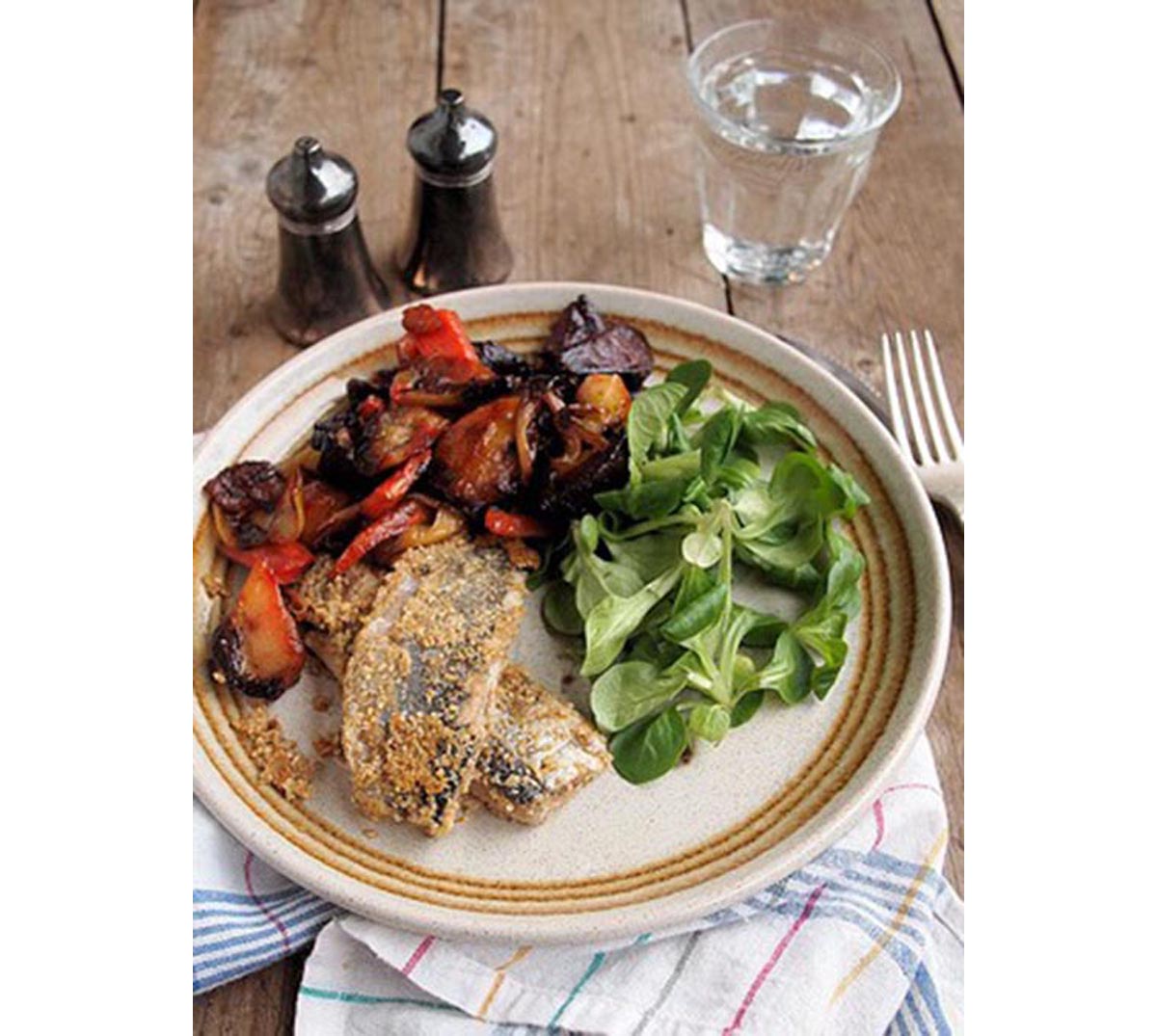Table of Contents
The British physician Dr Michael Mosley originally researched fasting as a means of increasing the human lifespan – the subject of another one of these articles on fasting. But wanting to shed a few pounds himself, he couldn’t help looking into the weight-loss angle. He tried various types of fasting such as four-day, and alternate-day fasting. But he found these methods very difficult to sustain while still eating with his family and socializing with friends.
 Eating on fast days
Eating on fast days

The good news is that it’s really a modified fast – you do actually eat some food on the fasting days, just less than on the other days.
What’s found to work is cutting down calories on the fast days to a quarter of the consumption for a normal person – which means about 500 calories for women and 600 for men.
Is the fasting necessary to lose weight?
Yes - it seems the weight-loss effect is not just down to calorie restriction – you need to maintain zero calorie intake for reasonable periods on the fast days.
To ensure a reasonable period of fasting, some people eat part of their calories for breakfast, for example at 7.30am and then the rest in the evening at 7.30pm. Others eat nothing all day, saving their calories for the evening meal.
Does it matter what you eat?
A healthy varied diet with plenty of fruit and vegetables is recommended for everyone. And on the fasting days if you go for unhealthy options you‘ll really find you have very little to eat! But the advice is to go for whatever you want on the non-fasting days.
In a study of obese people on alternate day fasting programs, one group ate a standard low-fat diet all the time, while the other group ate an unhealthy but tasty high-fat diet of pizza and fatty lasagnes on non-fast days.
Researchers put this down to the high-fat group sticking to the fast more strictly than the other group, because they had something to look forward to on the non-fasting days. And this is what makes this way of fast so much easier to tolerate than conventional fasting or diets – the fact that you know tomorrow you can eat whatever you like.
Keep drinking
You should drink plenty on your fasting days, to make up for the moisture we would normally get from food, but milk or other calories will interrupt your fast so it’s best to stick to zero calorie drinks such as black coffee, tea and water.
Don’t the non-fast days sabotage the effect?
It appears not.
Is it OK for everyone to fast?
No. While fasting is safe and healthy for most, not everyone should fast. Pregnant women, children and people with type 1 diabetes should never fast, and those with type 2 diabetes need to speak to their doctor before trying it. As for intermittent fasting, which does not involve entire days of skipping food, it is not medically dangerous for most people to skip a meal here and there. But if you want to use fasting as a diet plan, it is ideal to OK it with your doctor if you have any kind of medical condition.
- The Fast Diet by Dr Michael Mosley and Mimi Spencer. 2013. Published by Short Books. ISBN 978-1-78072-167-5
- Photo courtesy of frenchtart on Flickr: www.flickr.com/photos/frenchtart/8397436619


Your thoughts on this